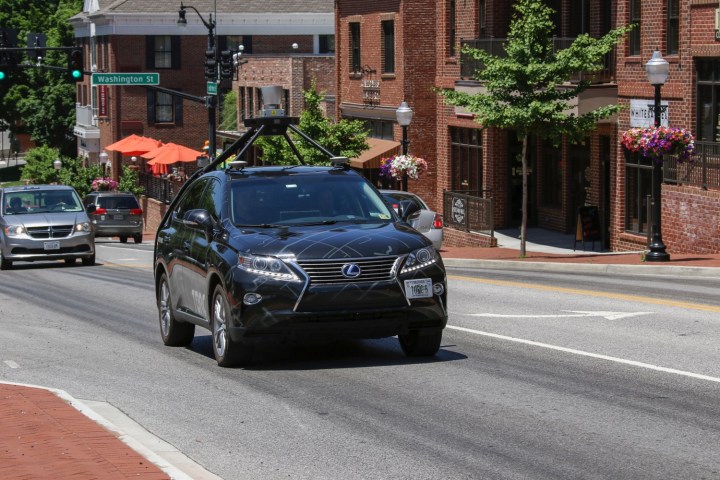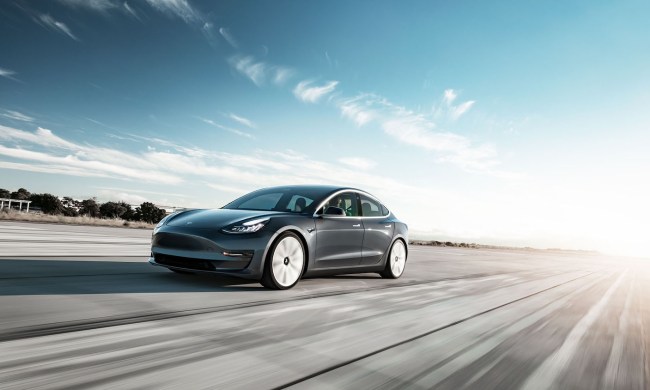
Autonomous-driving company Torc Robotics may not be as well known as, say, Waymo, but that may change soon as Torc looks to expand. The company is looking to nearly double its number of employees in order to continue developing tech for self-driving cars.
Torc unveiled its Asimov (named after science-fiction writer Isaac Asimov) autonomous-driving system last year, and gave public demonstrations at CES 2018. The company is headquartered in Blacksburg, Virginia, and continues to test self-driving cars there and in Las Vegas. Last year, it sent one of its modified Lexus RX SUVs on a cross-country trip. But the company’s history goes back further.
Founded in 2005, Torc is actually one of the oldest dedicated companies working on self-driving cars. Its founders competed in the various Defense Advanced Research Projects Agency (DARPA) challenges of the early 2000s, which were meant to kickstart development of autonomous vehicles for the military. Torc placed third in the 2007 DARPA Urban Challenge. Yet Torc has remained smaller and generally kept a lower profile than many of its competitors, something its bosses want to change.
“We’ve grown our team more in the last year, since launching Asimov, than we have in the last 10 years combined,” Torc CEO Michael Fleming said in a statement. “This larger team allows us to meet the growing demand of our customers in the self-driving space and positions us for continued success.”
Torc is still trying to grow its workforce, primarily looking for software developers. But the company hasn’t discussed any commercialization plans for its Asimov system. Torc CTO Ben Hastings did note that the company’s technology is applicable to areas beyond self-driving cars, including “mining and defense.”
Many companies are working to develop complete self-driving cars, or autonomous-driving systems that can be marketed to automakers. A fatal crash in March involving an Uber self-driving car doesn’t seem to have reduced momentum, as Waymo plans to launch an autonomous ridesharing service later this year, and companies like Baidu and Drive.ai have expanded their testing programs. This competition may get self-driving cars into production faster but, given the complexity of the technology, a race may not be the best thing for consumers.


